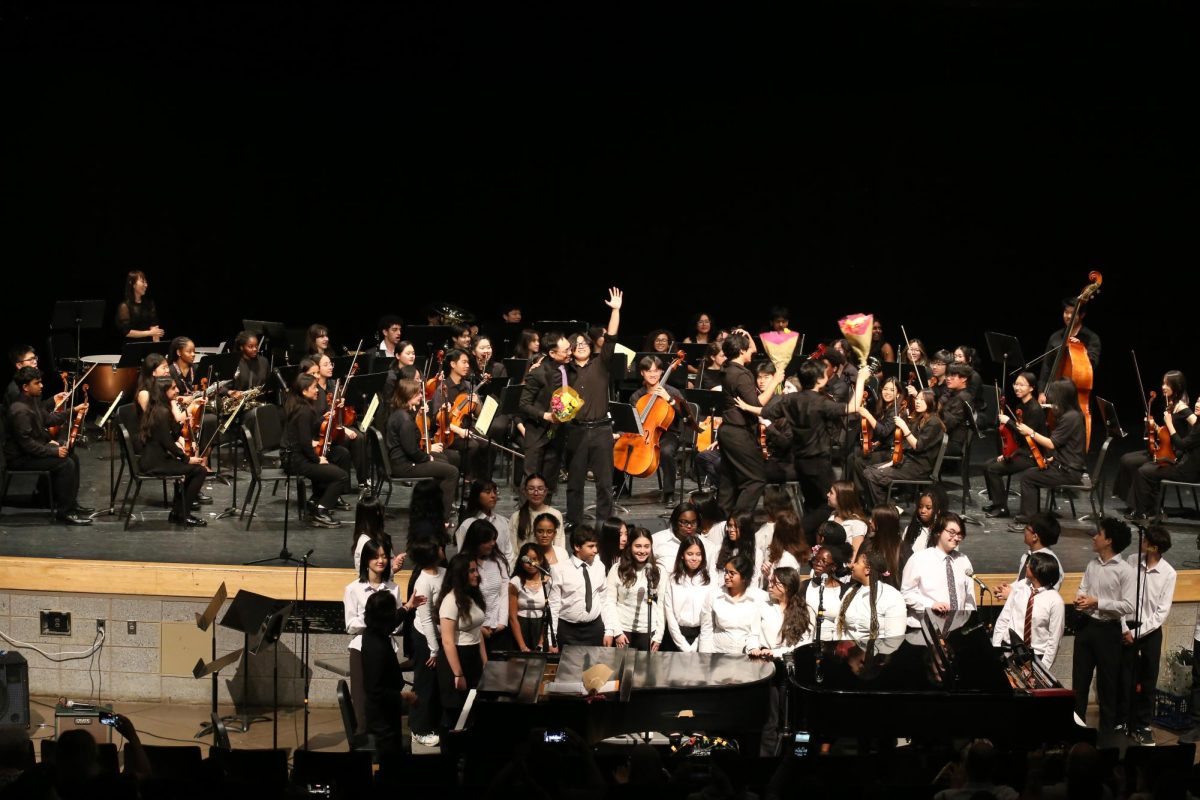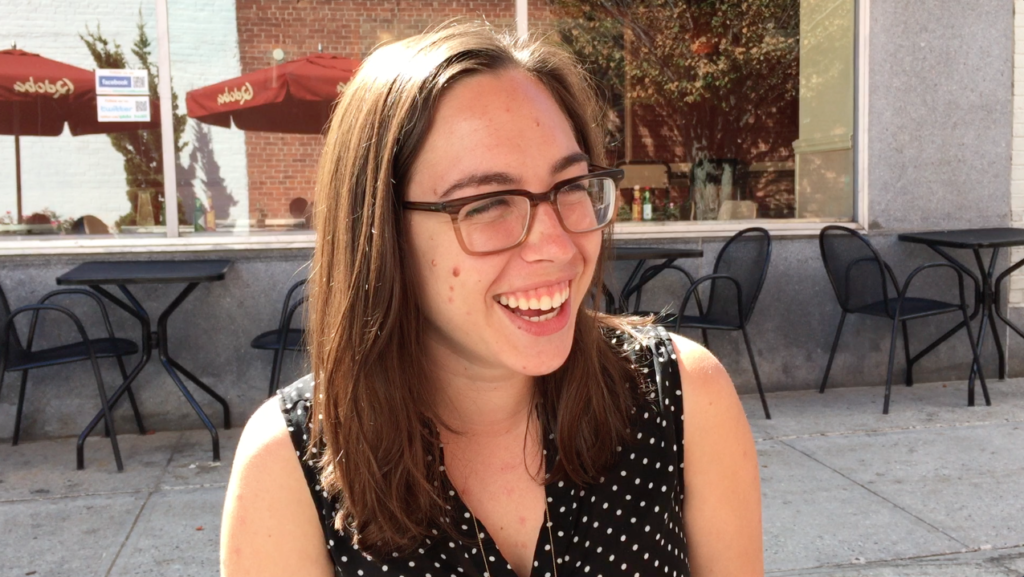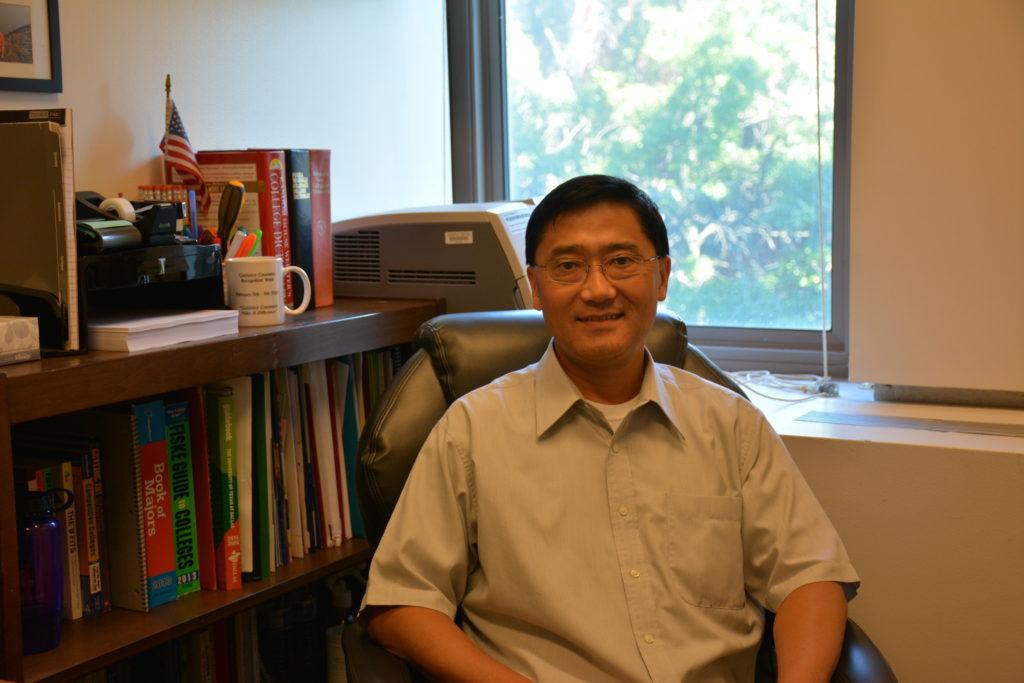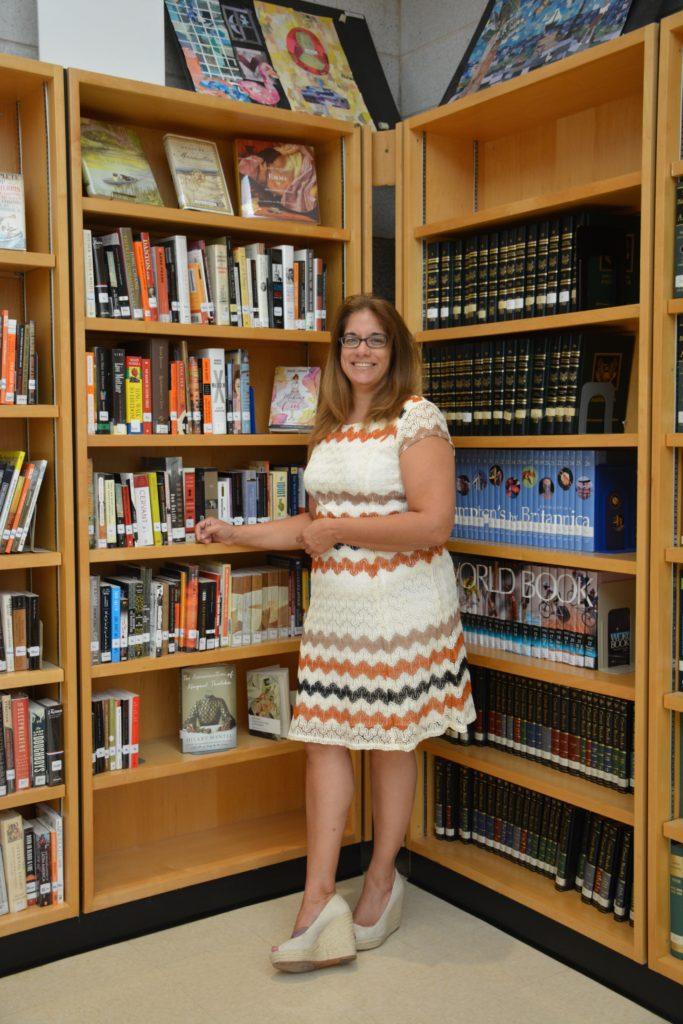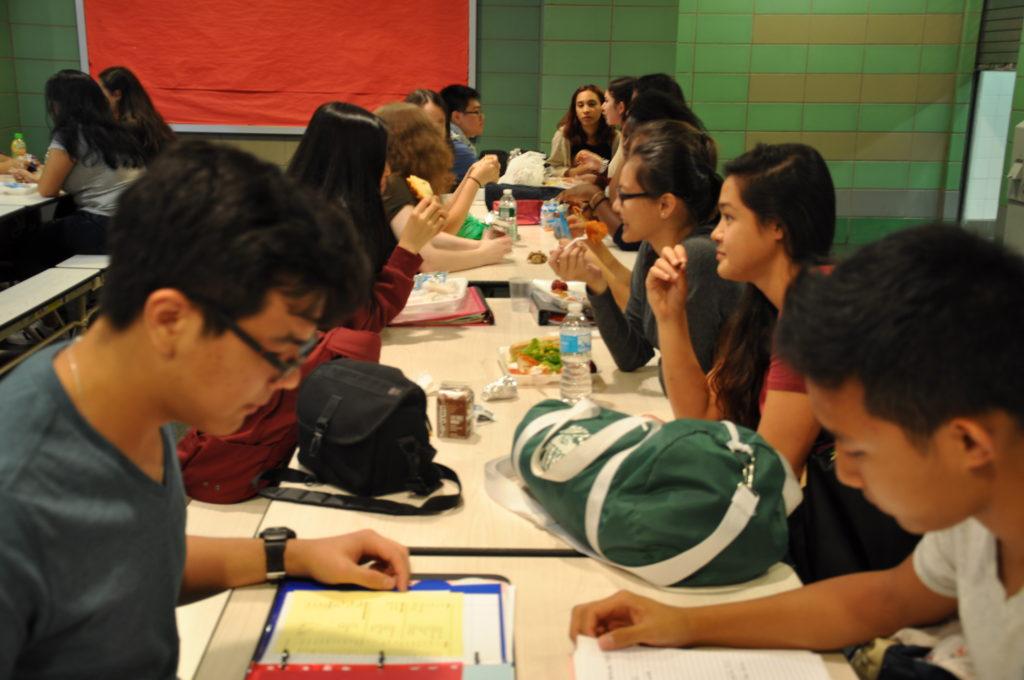
On March 14-15, senior Hetince Zhao competed at the National Brain Bee at the University of Maryland, where she placed twentieth. She qualified for the national competition after placing first at the Regional Brain Bee that took place on February 1.
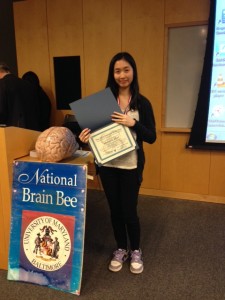
The format of the questions and the competition in general differed greatly from the regional bee. The first section was neuroanatomy, where she and the other contestants were given preserved brains with pins in different parts; the parts pinned were the parts that were to be named. Hetince received a 21/24 on that section and a perfect score on the patient diagnosis section, where she had to diagnose the malady of the actor playing the “patient” based on three yes or no questions. She also performed well on the multiple choice part of the competition, the Magnetic Resound Imaging (MRI) section (that showed black-and-white images of the brain with arrows pointing to the parts she had to identify), and the oral section (which was similar to the regional competition). Although the neurohistology section stumped her, overall she performed well on a national scale.
The regional Brain Bee was conducted on February 1 at Columbia University. Hetince was supposed to take part in last year’s Brain Bee, but due to Hurricane Sandy, it was cancelled. She started extensively studying for this year’s bee since January 2014, and studied well from the books assigned for the competition: Neuroscience: Science of the Brain and Brain Facts. At the regional competition, Hetince made it through all ten rounds without missing a single question, receiving the $500 first place prize.
She described the national bee as “more expansive and diverse,” especially among the people she met.
“The most interesting part of studying neuroscience,” Hetince said, “is studying neurodegenerative diseases such as Alzheimer’s and Parkinson’s disease. The mechanisms and relatability of those diseases to everyday life make learning about them fascinating.”
Science teacher Shi Bing Shen, who participated in a Brain Bee herself, mentored Hetince throughout the Brain Bee experience.
“Ms. Shen was my inspiration,” Hetince said. “She was always available to answer any of my questions whenever I needed it.”
Hetince fondly remembers, “At the national competition, during the intermission before the finalist round, when other teams were in their hotel rooms studying, Ms. Shen took me out to eat. She helped me calm down when I was stressed the most, and I’ll always be grateful to her for her thoughtfulness.”




















